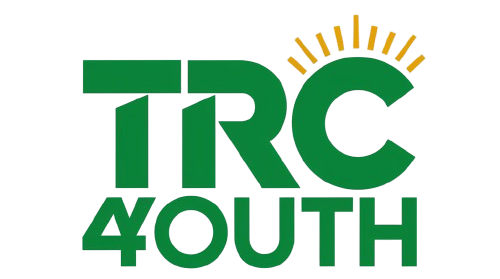The Value of Career Coaching: Navigating Your Professional Pat
In today’s fast-paced and ever-changing job market, career coaching has become a vital resource for professionals seeking to advance their careers. Whether you’re a recent graduate, mid-career professional, or someone looking for a career change, career coaching offers personalized guidance and support to help you achieve your professional goals. This article explores the value of career coaching, its benefits, and how it can assist individuals in navigating their career paths effectively.
Benefits of Career Coaching
- Personalized Guidance
- Tailored Advice: Career coaches provide individualized advice based on your unique strengths, skills, and aspirations. This personalized approach helps you identify career goals, explore opportunities, and develop a clear action plan. By focusing on your specific needs, career coaches can offer targeted strategies and recommendations.
- Objective Perspective: A career coach offers an unbiased perspective on your career situation. They can help you assess your current position, identify potential obstacles, and explore new opportunities. This objective viewpoint can provide valuable insights and encourage self-reflection.
- Skill Development
- Resume and Cover Letter Crafting: Career coaches assist with creating impactful resumes and cover letters that highlight your achievements and qualifications. They provide guidance on formatting, content, and language to ensure that your application materials stand out to potential employers.
- Interview Preparation: Preparing for job interviews can be stressful. Career coaches offer mock interviews, feedback, and strategies to help you perform confidently and effectively. They provide tips on answering common questions, handling difficult topics, and showcasing your strengths.
- Career Transition Support
- Exploring New Paths: Whether you’re looking to switch industries, change roles, or pursue further education, career coaching can help you navigate these transitions. Coaches can assist in identifying transferable skills, researching new fields, and developing a transition plan.
- Networking Strategies: Building a professional network is crucial for career growth. Career coaches offer guidance on networking strategies, including how to connect with industry professionals, leverage social media, and attend networking events effectively.
The Coaching Process
- Assessment and Goal Setting
- Initial Assessment: The coaching process typically begins with an assessment of your current career situation, including your skills, interests, and goals. This may involve completing questionnaires, self-assessments, or career inventories to gain a comprehensive understanding of your career profile.
- Goal Setting: Based on the assessment, you and your coach will set specific, measurable, achievable, relevant, and time-bound (SMART) goals. These goals will guide your coaching sessions and provide a roadmap for your career development.
- Action Planning
- Developing Strategies: Together with your coach, you will develop strategies to achieve your career goals. This may include creating a job search plan, enhancing your skills, or pursuing additional training. Your coach will provide support and accountability to help you stay on track.
- Regular Check-Ins: Career coaching involves regular check-ins to monitor progress, address challenges, and adjust the action plan as needed. These sessions provide an opportunity for feedback, reflection, and celebration of achievements.
- Ongoing Support
- Career Growth: Career coaching is not a one-time event but an ongoing process. Even after achieving initial goals, a coach can continue to provide support for ongoing career development, professional growth, and future aspirations.
- Adaptability: The job market is dynamic, and career goals may evolve over time. Career coaches help you adapt to changes, reassess your goals, and navigate new opportunities as they arise.
